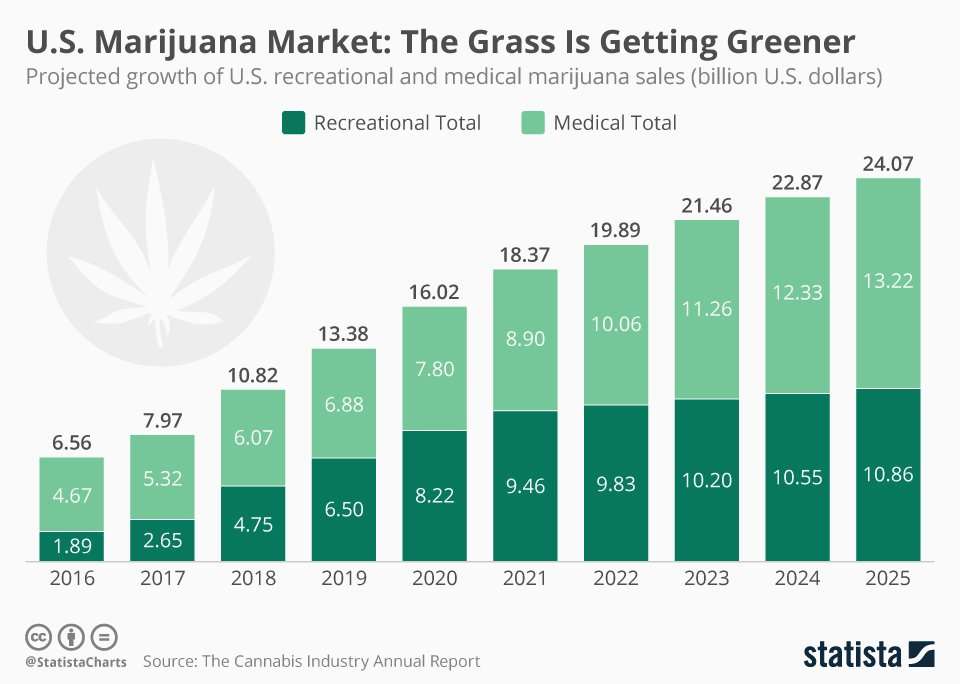
Globally, cannabis consumption continues to rise, leading to conversations around its legal status, health impact, and social consequences gaining momentum in Nigeria.
Once considered a fringe topic, marijuana, popularly known as ‘weed’ is now at the center of public discourse, with many calling for a balanced, science-backed approach to its regulation.
According to international data, cannabis use has quadrupled over the past decade, a trend mirrored by increasing anecdotal evidence of use among Nigerian youths and young adults.
While Nigeria’s National Drug Law Enforcement Agency (NDLEA) maintains a strong anti-cannabis stance, experts warn that simplistic narratives, portraying marijuana as either wholly beneficial or entirely harmful, ignore scientific nuance and risk misinforming the public.
Cannabis contains two key compounds: cannabidiol (CBD) and tetrahydrocannabinol (THC).
While CBD is non-psychoactive and often praised for its therapeutic effects, THC is the psychoactive element that produces the “high” associated with cannabis.
According to global health professionals, the effects of cannabis depend on various factors, including the user’s age, genetics, mental health history, and the THC-to-CBD ratio in the strain consumed.

“Cannabis can either enhance or impair a person’s life. The outcomes vary significantly from person to person.
“While some users report better focus or relief from chronic pain, others, especially younger users may suffer from memory loss or worsened mental health due to the way THC affects the hippocampus.” Dr. Zainab Oladele, a neuropsychologist based in Lagos.
Medical studies show that cannabis narrows attention, potentially improving focus temporarily, but often at the cost of short-term memory.
Long-term use, particularly when smoked more than twice a week, has been linked to changes in brain areas responsible for speech and movement, such as the basal ganglia.
However, many of these effects are reversible with healthy lifestyle changes and abstinence.
Contrary to popular belief, experts argue that weed does not inherently make people lazy.
“Cannabis won’t make a disciplined person lazy, and it won’t make a lazy person disciplined.
“The issue is less about the drug and more about the individual.”Dr. Oladele noted.
In Nigeria, marijuana remains illegal under federal law, though some lawmakers and public health advocates have begun pushing for reform.
In 2021, the House of Representatives debated a bill to legalize the cultivation and use of cannabis for medical and research purposes.
While the proposal was met with firm resistance, it signaled a growing willingness to rethink Nigeria’s approach to drug policy.
As Nigeria navigates the complex debate surrounding cannabis legislation, experts urge a fact-based, harm-reduction approach.
“We need to move beyond moral panic and base our policies on evidence.
“If we don’t, we risk criminalizing people unnecessarily while missing out on legitimate medical and economic benefits.”Hon. Adebayo Ajala, a lawmaker advocating for medical cannabis research.
The discussion on cannabis in Nigeria is far from over, but one thing is clear — the nation must tread carefully.
